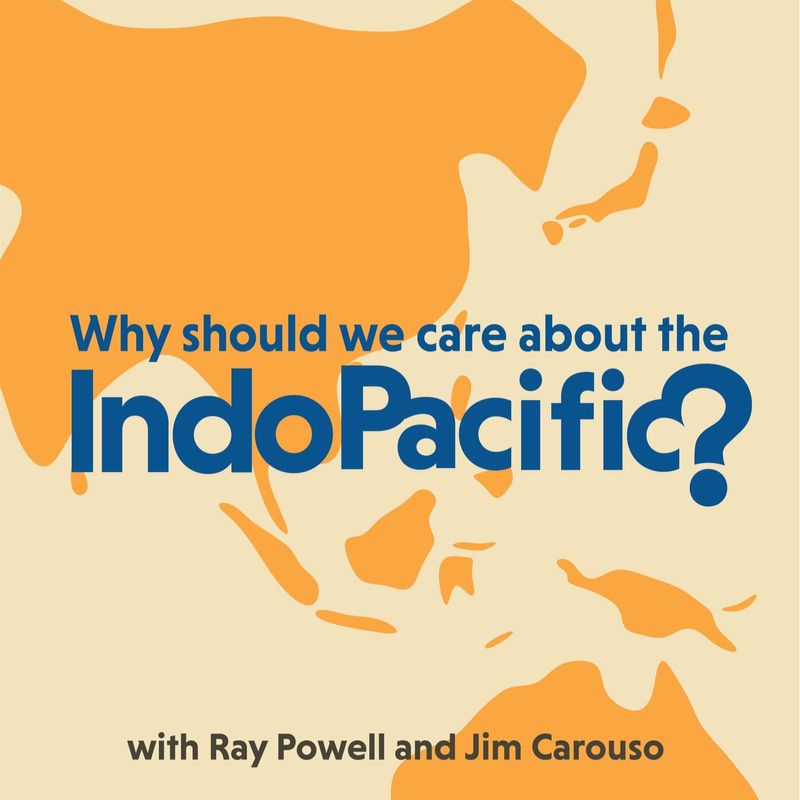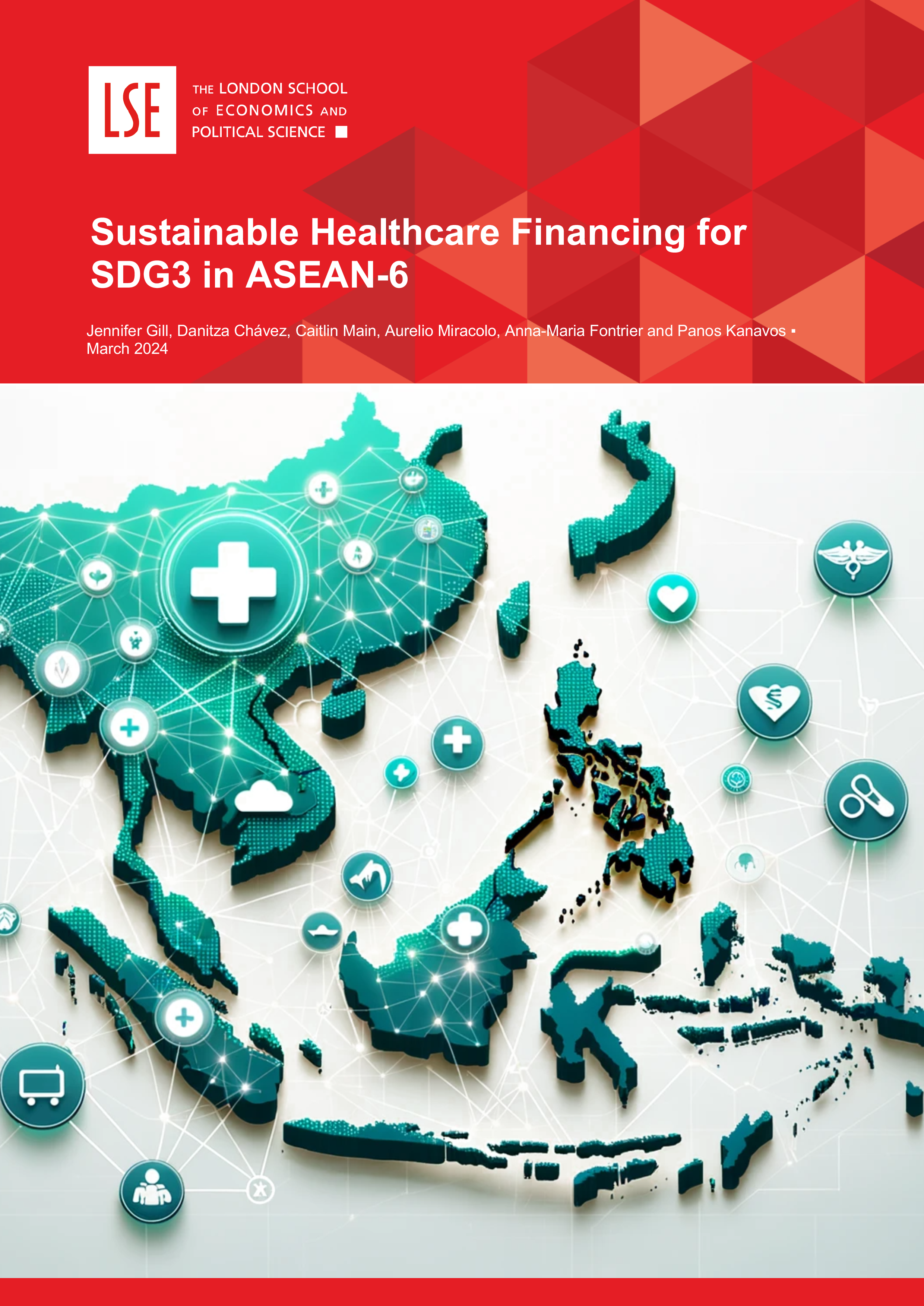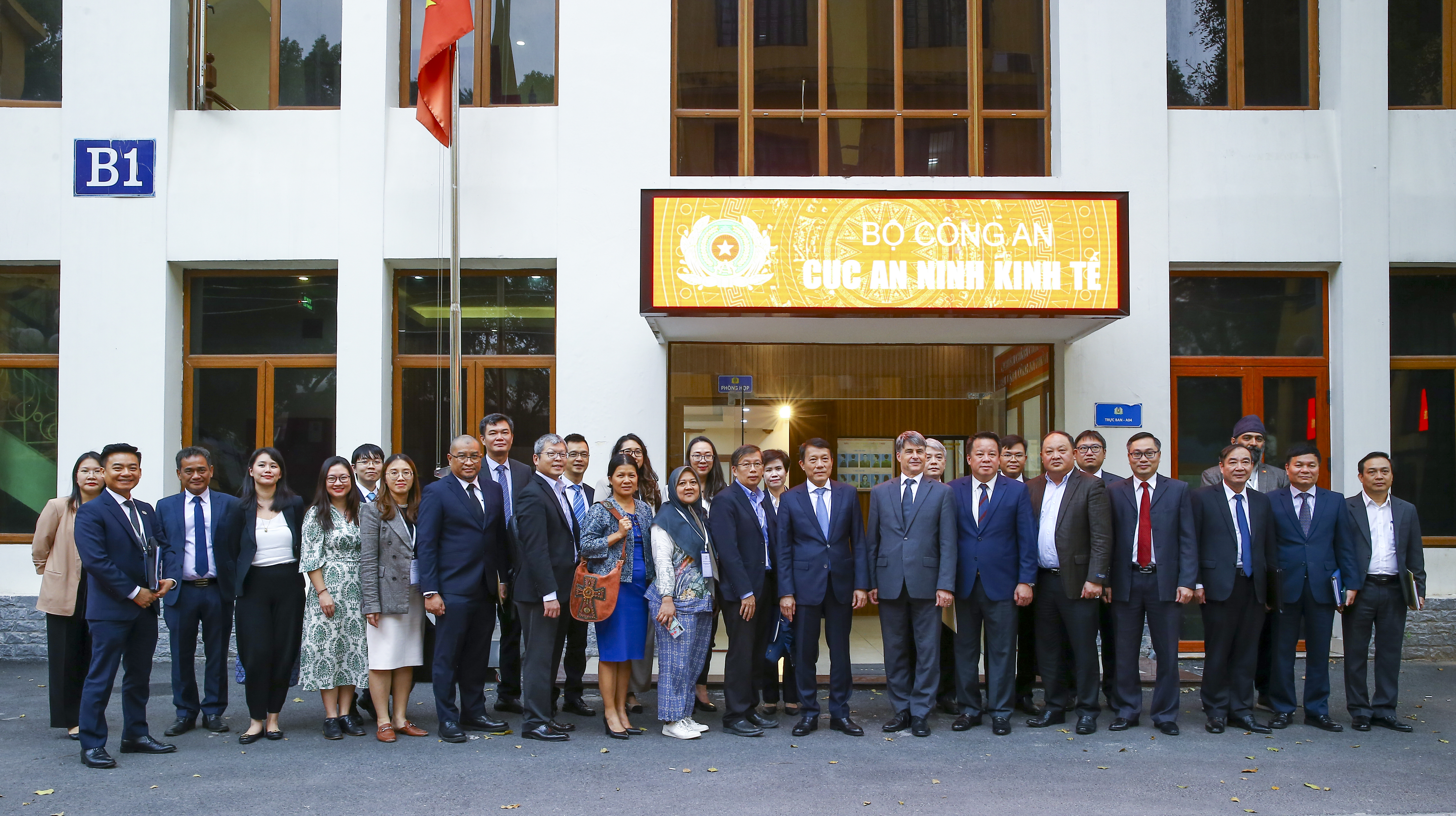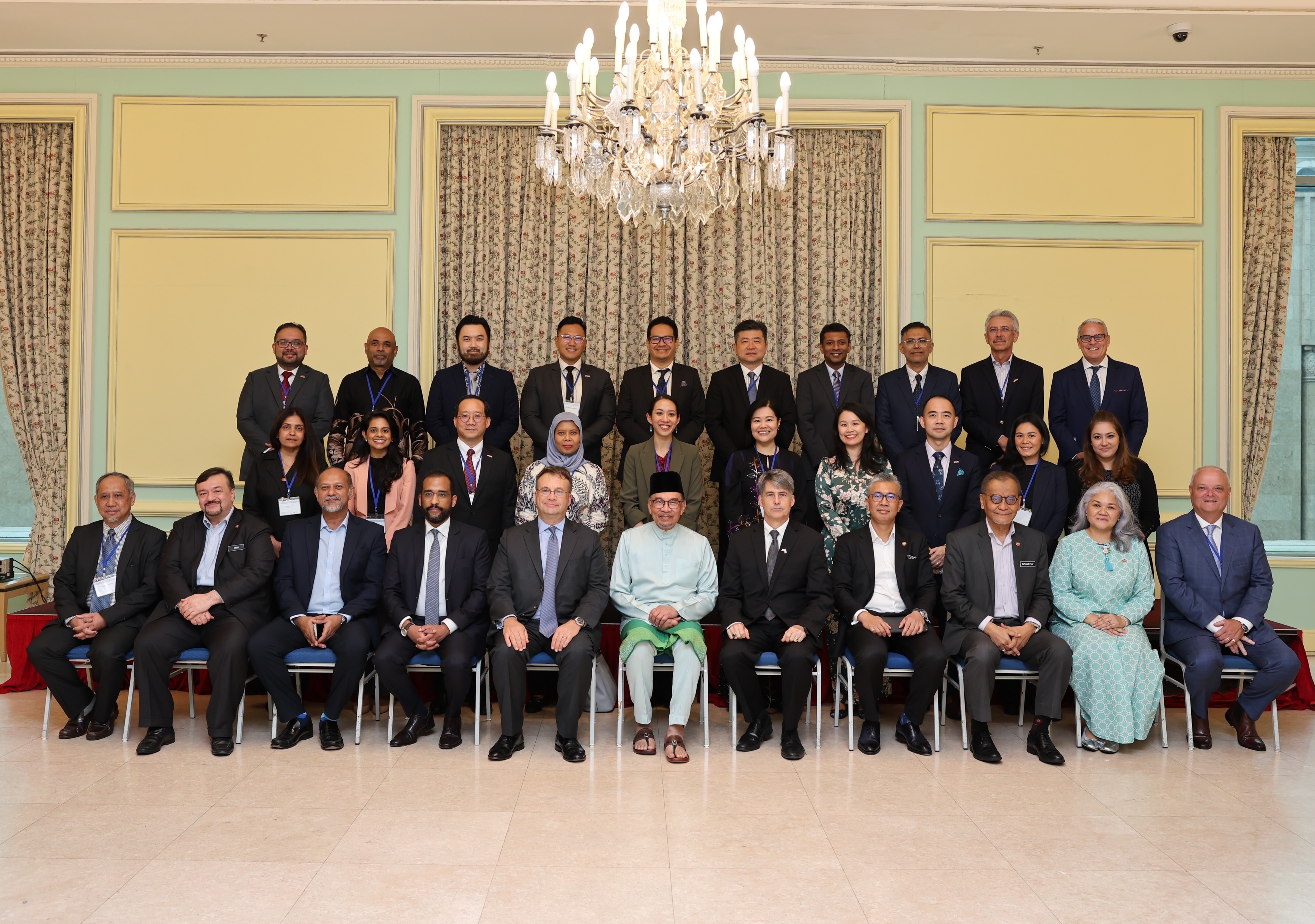NUCC’s Second People’s Assembly: Success or Failure?
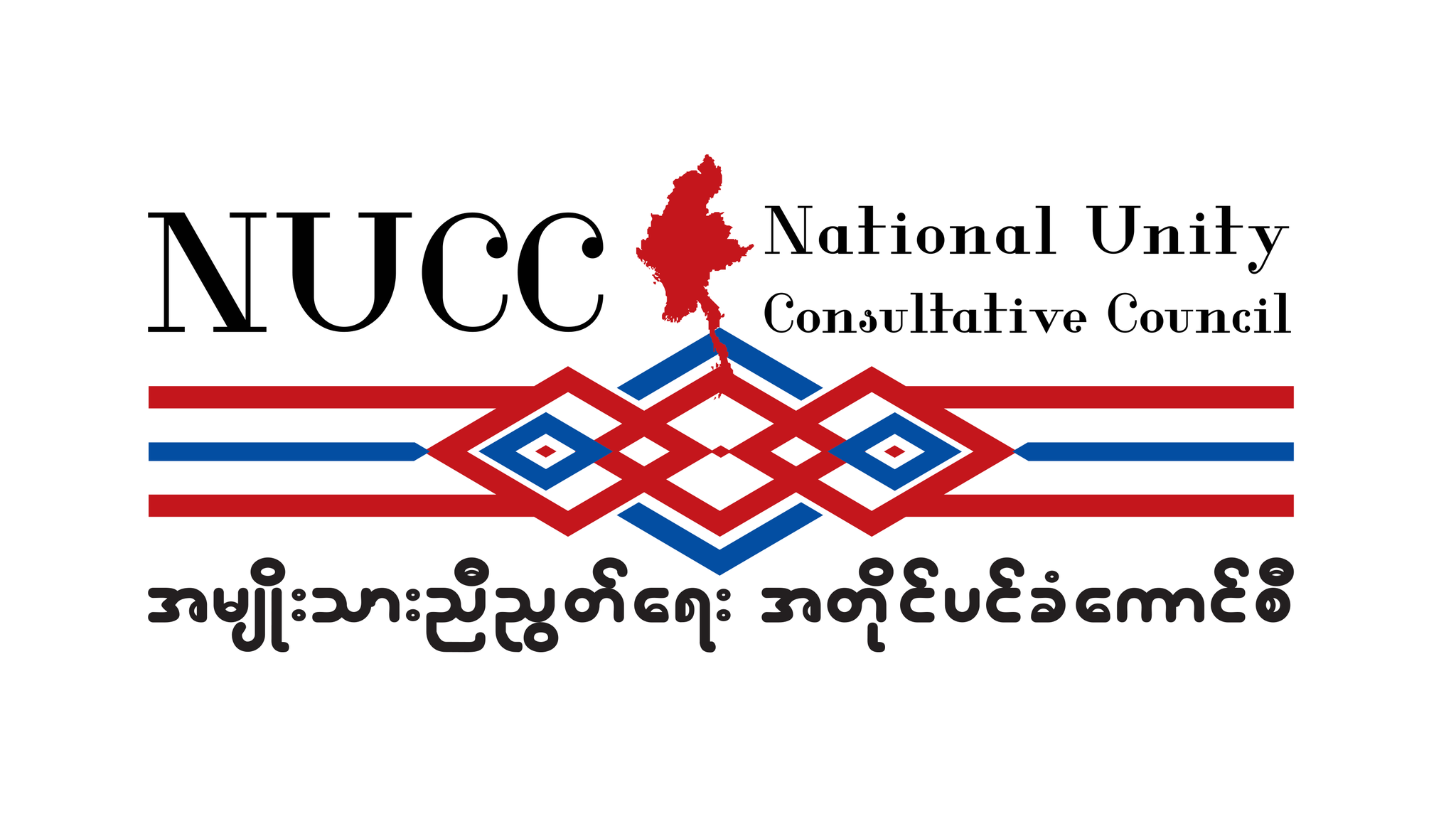
From April 4 to 9, the National Unity Consultative Council (NUCC) convened the second people's assembly, attended by 104 special invitees and 128 observers. Established in April 2021, the NUCC is made up of diverse stakeholders, ranging from representatives of the National Unity Government and the Committee Representing the Pyidaungsu Hluttaw (CRPH) to women's and youth organizations, strike committees, civil society groups, the Civil Disobedience Movement, activist networks, political parties, and Ethnic Armed Organizations (EAOs). Assemblies are scheduled to take place every six months and there was a two-year gap between the first and second assemblies.
At the conclusion of the assembly, three proposals were passed regarding local governance and the rule of law, the recent military conscription enforcement of the junta, and the abolishment of the Myanmar Citizenship Law (1982). The first provision calls on the NUG and resistance coalitions to enhance their systematic nature and accountability, aligning with the principles outlined in the Federal Democratic Charter. The second proposal entails opposition to the enforcement of military conscription and the development of strategic responses to mitigate the repercussions of the service law. The third proposal, focusing on the abolition of the deeply discriminatory Myanmar Citizenship Law (1982), which has historically marginalized ethnic minorities, is widely regarded as the most significant outcome of this assembly.
Proposals and recommendations to be implemented by the NUCC and NUG were also released. Some notable points include:
“To set fundamental policies for the emergence of new states, including that of Bamar”.
This marks the first public acknowledgment by the NUG and NUCC of plans to create a Bamar state, a concept that has been contentious since the inception of the Federal Charter, which does not explicitly address the creation of a Bamar state. The proposal for a Bamar state as a federal unit was initially put forward by the Shan State government in 1961 but was invalidated by Ne Win's coup. While seen as a positive step toward achieving equality among states within the future federal democratic union, questions remain regarding whether the Bamar state will be created on equal terms with other ethnic states/regions and how its territorial boundaries will be delineated.
To avoid repeating occurrences such as violations of the FDC by the NUG, such as issuing the China Policy Statement, Joint Political Position Statement, and establishing the Federal Government and State/Federal Units Cooperation Commission (FSCC) without consulting the NUCC.
NUG and NUCC to lead the process of the "National Apology" in regards to suppression of ethnic minorities, including "the Rohingya Genocide committed by past governments".
“To take effective action on unlawful tax collection processes ... in revolutionary force-controlled areas”.
Overall, while making some important provisions, the second assembly largely ended up being yet another symbolic event with relatively small tangible outcomes and highlights the division and risk of NUCC becoming irrelevant. The last day of the assembly saw the absence of the CRPH which withdrew from attendance, citing that certain decisions during the assembly violated the federal charter some representatives disregarded the rules, and the NUG (the reasons for their lack of attendance is not disclosed), which further highlighted the sense of disunity. In addition, during the press conference after the assembly, there were also disagreements between the CRPH representative and the assembly coordinating team over whether or not the assembly was successfully conducted amidst the CRPH's absence from the meeting.
The NUCC's strength lies in its diversity of representation, but this also proves to be a weakness as consensus-based decision-making often hinders progress, particularly in critical areas such as establishing a constitution for the transition period. Moreover, the withdrawal of the highly relevant players such as the Kachin Political Interim Coordination Team (KPICT), further undermines the NUCC's political influence and stalls progress, particularly concerning the formation of federal consultative units.
Another pressing concern is the absence of key stakeholders who could significantly influence on-the-ground conflict dynamics, such as the Three Brotherhood Alliance and the Kachin Independence Army (KIA), from the NUCC. Without their participation, the NUCC's decisions and proposals will keep lacking substantial weight. Furthermore, there is an underwhelming level of political party representation, with the Democratic Party For A New Society (DPNS) remaining the only political party in the NUCC, following the withdrawal of the National League for Democracy (NLD) in 2022.


